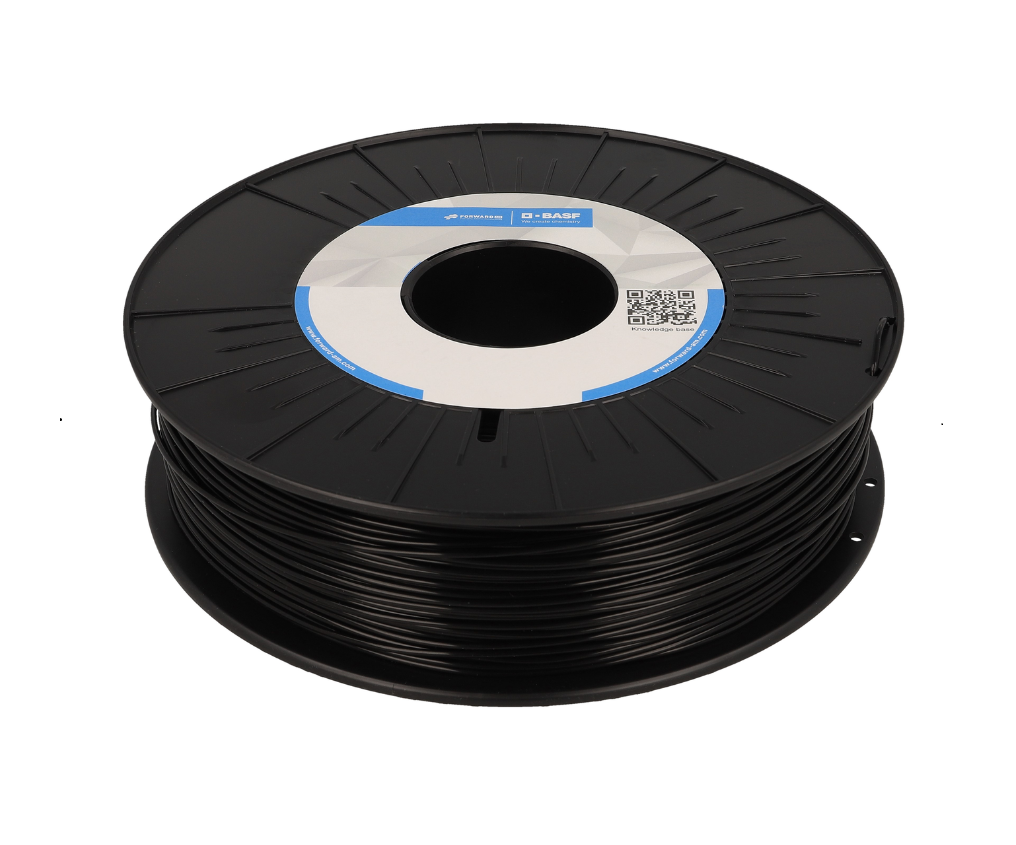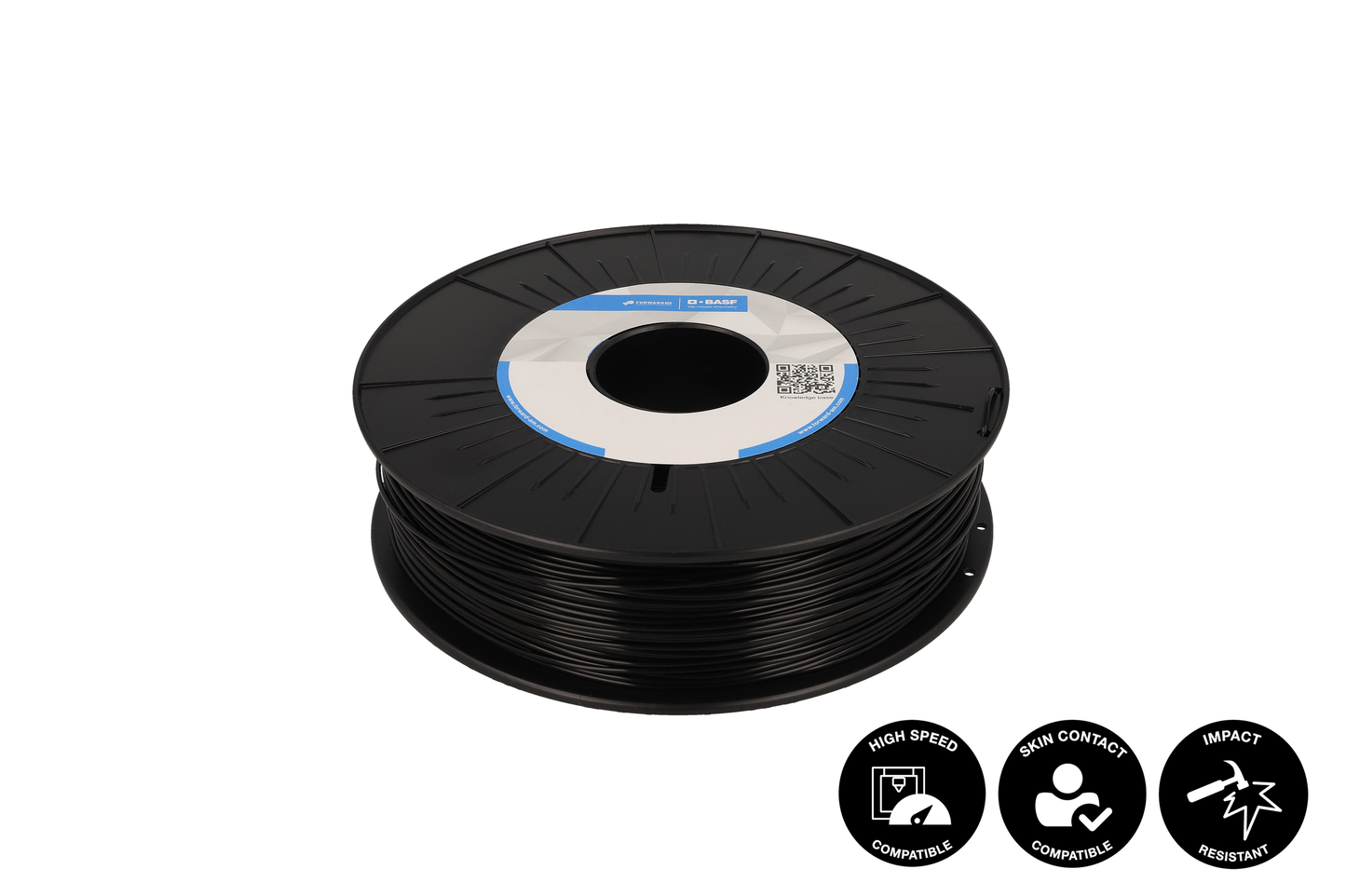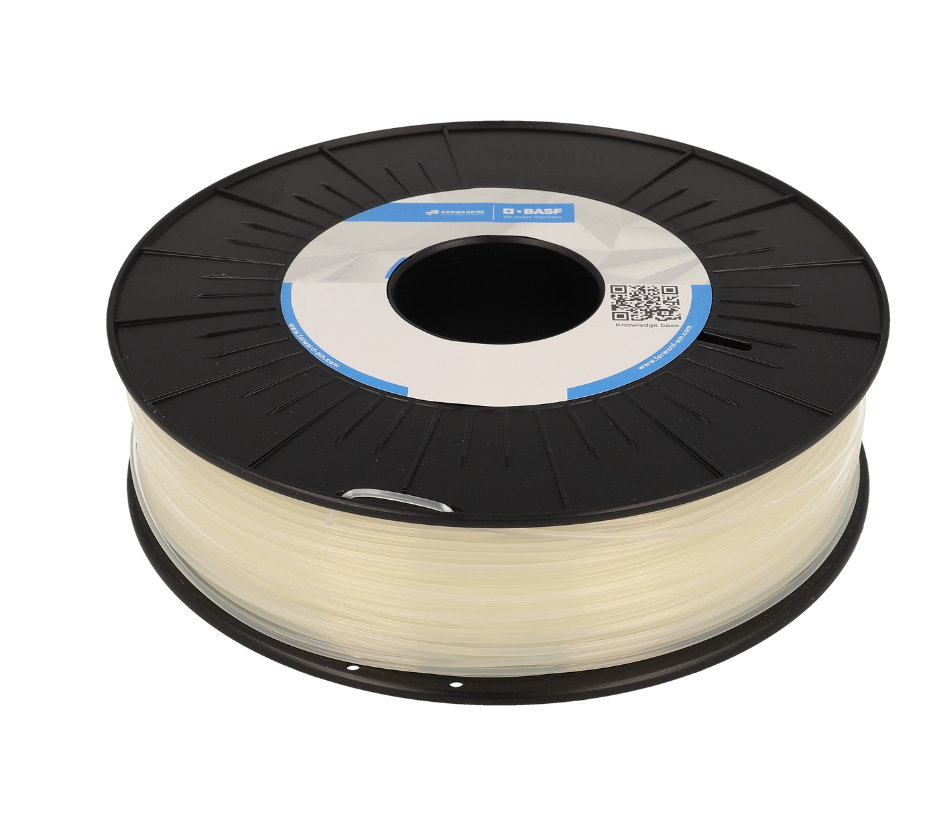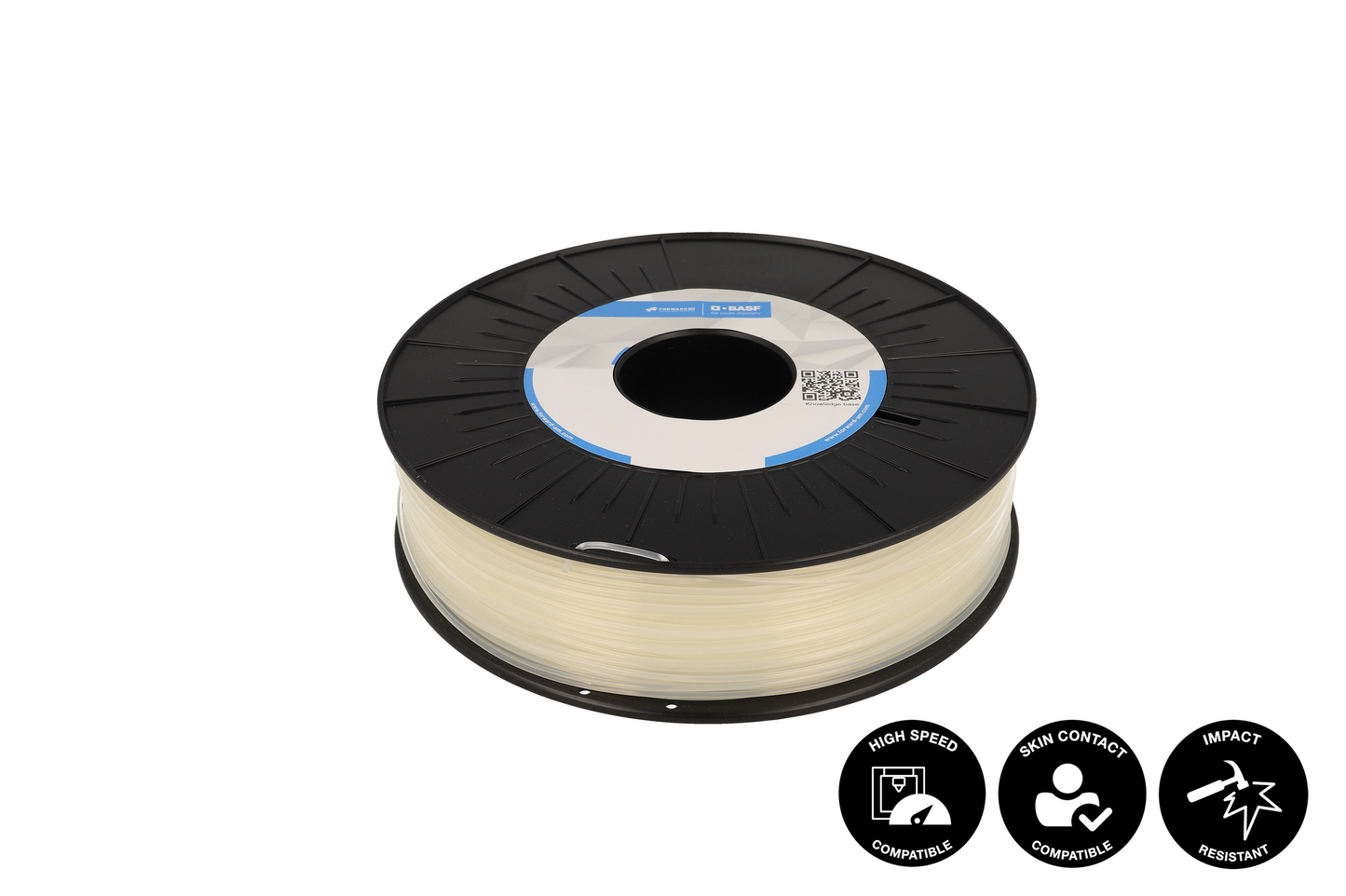BASF Ultrafuse PLA Tough
BASF Ultrafuse PLA Tough
Ultrafuse® PLA Tough The ultimate choice for simple, durable, cost- and time-saving production of large components. Its ease of use makes it a first choice for both beginners and experienced 3D printing enthusiasts.
-Excellent prints
- 720% harder than regular PLA
- 750% faster print speed than standard PLA
- Heat resistant up to 157 °C during annealing
- 133% stronger than ABS prints
6 in stock
Couldn't load pickup availability
Share
Description
Ultrafuse® PLA Tough
Ultrafuse® PLA Tough is a highly versatile biocompatible and biobased material specifically developed for the needs of professional users. It can easily handle validated high print speeds of up to 300mm/s1, without the need for hardware adjustment, while providing an exceptional surface finish and impressive impact resistance. In addition, it has a remarkably high success rate for large print jobs, ensuring an easy and cost-effective printing process.
720% harder than regular PLA
Ultrafuse® PLA Tough can be an alternative to ABS because it is more durable, strong and easy to print. Being compatible with water-soluble BVOH support material, this biocompatible material, which has an impressive impact strength - 720% higher than standard PLA - is the perfect solution for printing complex geometries for demanding high-volume applications.
In addition, Ultrafuse® PLA Tough parts can be enhanced by annealing them in a separate process step, which can increase toughness by up to 230% and heat resistance by 257%.
Examples of applications
- Jigs and fixtures
- Orthoses and prostheses
- Functional prototypes
With Ultrafuse® PLA Tough Filament, you can achieve sustainable, cost- and time-saving production of large components at fast speeds while maintaining impeccable surface quality. Elevate your designs and projects to PRO levels with a filament that guarantees outstanding performance, reliability and consistency.
Fast printing may require a further increase in nozzle temperature; the stated print speed of 300mm/s is based on current validations. As equipment and technology continue to develop, it is possible that even higher print speeds can be achieved in the future.

Technical Specifications
Material properties
- Tensile strength (MPa): 40 (xy), 28 (zx)
- Young's modulus (MPa): 2672 (xy), 2576 (zx)
- Elongation at break (%): 7.4 (xy), 2.2 (zx)
- Impact strength (kJ/m2): 33 (xy), 34 (xz), 10 (zx)
- Annealing heat resistance (°C): 157 Vicat 10N, 94 HDT B at 0.45 MPa
Guidelines for printing
- Nozzle temperature: 200-220 °C
- Bed temperature: 50 - 70 °C
- Material for bed: Glass
- Nozzle diameter: ≥ 0.4 mm
- Print speed: 40 -3001 mm /s







